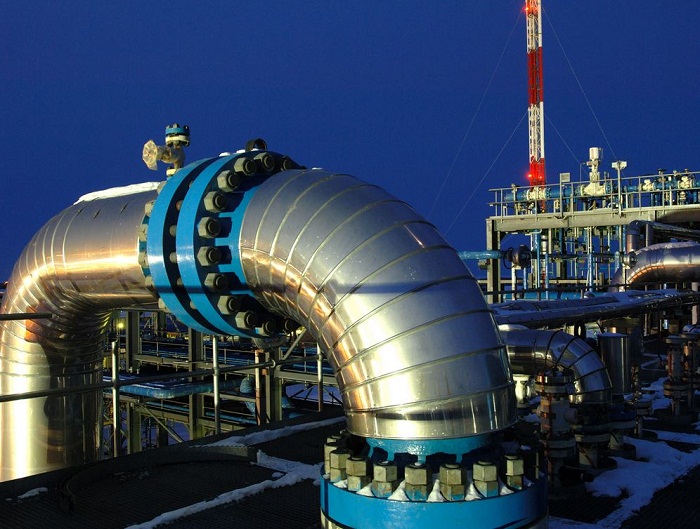According to the economist, it is possible to say that the methodology of calculation of the price may be weak, it defends the interest of the company, not the consumer. A serious study could lead to such a conclusion.
“On the other hand, however, it is understood from the very beginning that the tariff would not be cut because it had been proposed to increase more, by 17 drams. The price of electricity in Armenia cannot be cut from now on because the energy sector is in a deep crisis, not only ENA but the entire system,” Ashot Yeghiazaryan said.
According to him, nothing positive is seen in the perspective, the factors which, according to ENA, have influenced the increase of price may persist. For example, if the NPP was suspended for some time in the past, in the future it may be suspended for a longer period. Hence, the issue of increase of price will become a serious issue, the increases may be periodical.
“The situation is such that our energy sector on the whole is not competitive. The high price means that the structure of the system is not optimal, the electricity from gas prevails in the system, and this tendency is getting deeper. Now the NPP is more expensive than water power. In other words, there also negative moves in terms of structure, hence the price will grow continually,” he stressed.
According to the economist, this is the consequence of the policy conducted in the system for years. “Now not only ENA was sold but also Hrazdan Thermal Power Plant. And what is Hrazdan TPP? It is an obsolete and dead structure. The parts of its operating blocs are replaced by the parts of its blocs which are out of order. It is worn and torn and obsolete asset. So what would Inter RAO do aside from shedding responsibility and selling a dead asset?” he said.
According to the expert, the energy system of Armenia requires huge investments. The issue is that if these investments are implemented, it is possible to somehow justify the increase of the price with the expectation that in the result we will have an efficient and competitive energy system which would enable changing the price policy over time, and increase would be followed by cuts.
“Now we do not have room to maneuver. We have an unreliable and worn and torn energy sector with all its negative consequences and risks. At the same time, the prices are high. If we had an efficient system, investments would justify the price increase. Today we have a totally negative background,” he said.
Ashot Yeghiazaryan also thinks that this state of the energy sector of Armenia is useful for Russia.
“If we consider that we are making a part of a unified energy market in the EEU, Moscow does not care that Armenia will not have an energy market. The framework of this policy fits the policy of buying electricity from other producers, such as Russian and Kazakh. In other words, we can establish the following fact – the death of the Armenian energy sector not only does not worry Moscow but also fits in this policy, he said.
More about:
















































